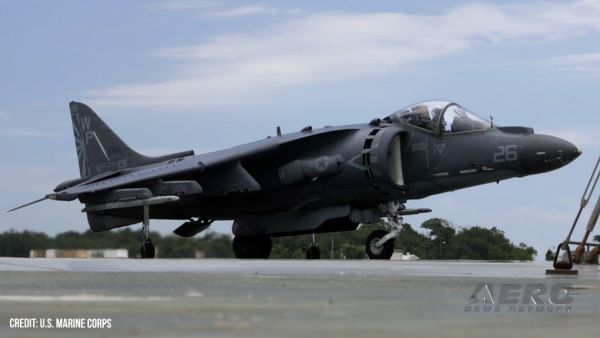Plan Available for Airports Considering Private Security
Screeners
The TSA came out
Wednesday with "Guidance on the Screening Partnership Program"
(SPP), a sort of "how-to" guide for airports thinking of hiring
private screeners to replace those provided by the government. This
option is available through a provision in the Aviation and
Transportation Security Act (ATSA) that grants any airport the
opportunity to "opt-out" of having federal passenger and baggage
screeners and choose private security service companies to conduct
screening operations under TSA management after November 19,
2004.
"TSA is committed to having a transparent process and is
partnering with the aviation industry and private vendors to ensure
that they are well informed when determining if the Screening
Partnership Program is appropriate for them," said Under Secretary
Asa Hutchinson.
ATSA required TSA to establish pilot projects at up to five
airports, where screening would be performed by employees of
private companies under federal oversight. Known as the PP5
airports, TSA entered into contracts in November 2002 for pilot
programs at San Francisco, Kansas City, Rochester (NY), Jackson
Hole (WY), and Tupelo (MS). The TSA says the successful
demonstration showed security and customer service under the PP5 is
comparable to that of airports staffed with federal screeners. TSA
has taken many of the lessons learned from this pilot and
incorporated them into the SPP.
The SPP states that airports may submit applications to TSA
starting on November 19, 2004. TSA is currently developing specific
criteria for the airport application process. For airports that are
authorized to participate in SPP, TSA plans to conduct a transition
of the work force after the selection of private contractors
beginning in late spring or summer 2005.
"Professionalism and
security will remain our top priority and if airports choose to
enter the Screening Partnership Program, the new private sector
screeners would have to perform to the high level of standards put
in place by TSA following the federalization of screeners after the
September 11 terrorist attacks," said Hutchinson.
The guidance does not limit the number of airports that can
submit applications. Funding for SPP comes from the same pool as
the funding for federal screening operations nationwide. TSA is
envisioning a program in which operations at non-federalized
airports will be comparable with the federal operations that are
being replaced.
TSA is pursuing a program in which screeners (screeners, leads,
and supervisors) would be given priority for employment for
positions at the contract company. TSA is committed to ensuring a
fair and supportive transition program that recognizes the
outstanding skills of TSA’s current work force. Federal
Security
Directors (FSDs) and their staffs will continue to be
responsible for overseeing all screening operations at SPP airports
and for ensuring that contract screening companies provide
effective and efficient security operations that comply with
federal standards and TSA’s Standard Operating Procedures
(SOPs).
TSA plans to solicit proposals from industry to become qualified
vendors. Once qualified, companies can bid on contracts to provide
screening services at airports that are authorized to participate
in SPP. TSA expects contractors in the Screening Partnership
Program to provide screening services at a cost to TSA that is
competitive with equivalent Federal operations. TSA plans to
announce contract awardees for the participating airports beginning
in the spring of 2005.
The qualified vendors must have screeners that meet all the
requirements that are applicable to federal screeners, and they
must receive compensation and other benefits that are not less than
the level of compensation and benefits provided to federal
screeners.
 ANN's Daily Aero-Term (06.03.25): No Gyro Approach
ANN's Daily Aero-Term (06.03.25): No Gyro Approach ANN's Daily Aero-Linx (06.03.25)
ANN's Daily Aero-Linx (06.03.25) ANN FAQ: Turn On Post Notifications
ANN FAQ: Turn On Post Notifications Airborne 05.30.25: Anti-Helicopter Bill, PW Strike Done, All-Electric Bristell
Airborne 05.30.25: Anti-Helicopter Bill, PW Strike Done, All-Electric Bristell Airborne 05.29.25: ATC Bonu$, VX4 eVTOL Flies, Starship 9 Test
Airborne 05.29.25: ATC Bonu$, VX4 eVTOL Flies, Starship 9 Test


